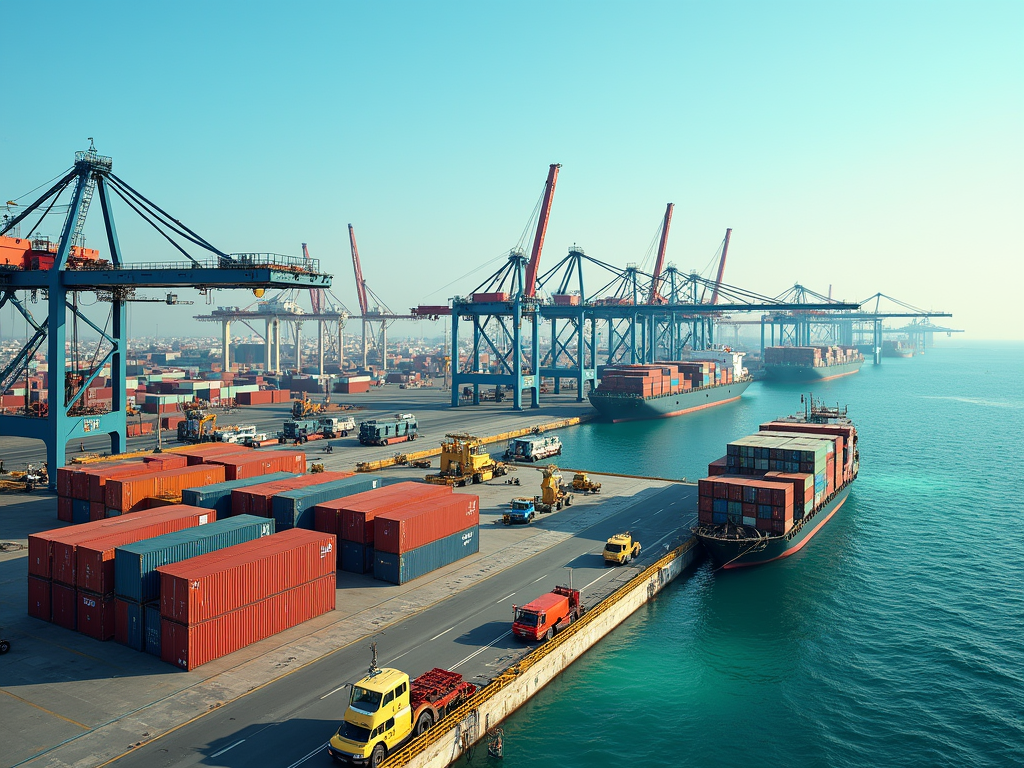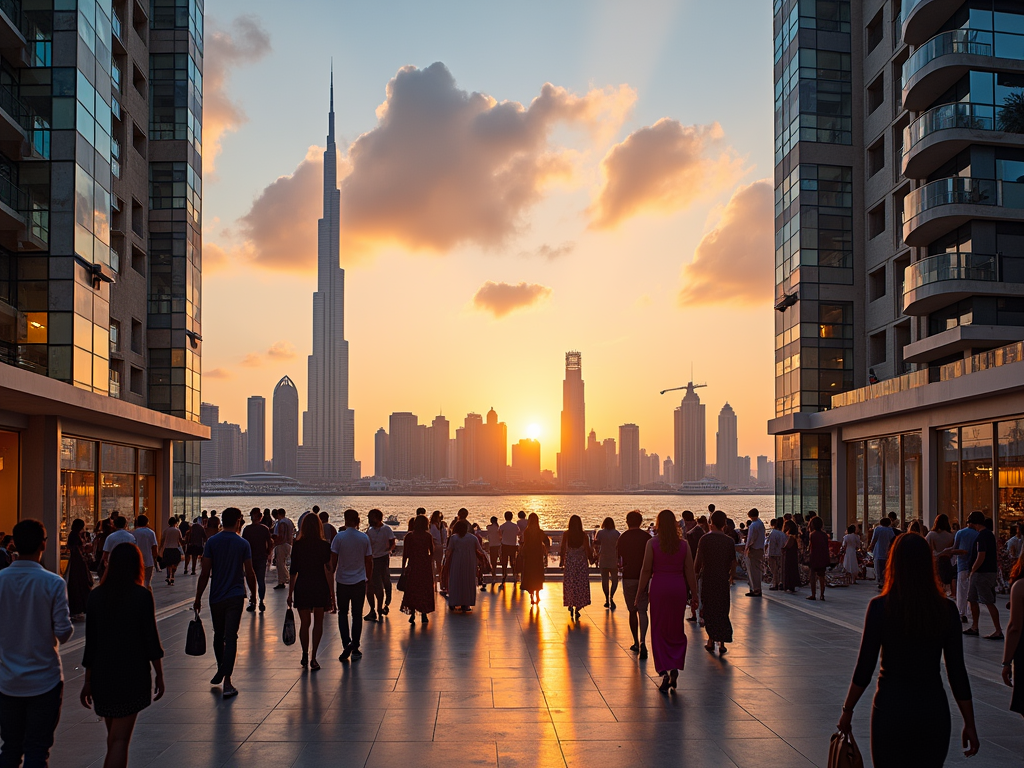Dubai has emerged as a formidable player in the global economy, transforming its business landscape at an unprecedented pace. This transformation is anchored in strategic initiatives, investment opportunities, and an overall shift toward a more diversified economy. As a result, Dubai is not merely a hub for tourism and real estate; it is becoming a significant center for trade, finance, and technology, influencing global market dynamics. This article will explore the factors driving Dubai’s economic changes, the sectors leading this transformation, and the impact it has on the global business environment.
Factors Influencing Dubai’s Economic Transformation

Several key factors contribute to Dubai’s evolving economy. First, the government’s commitment to diversifying the economy from oil dependency has created a fertile ground for business growth across various sectors. Secondly, Dubai’s strategic geographical location acts as a vital crossroads between East and West, facilitating trade and logistics. Thirdly, the emirate’s investment in infrastructure, including world-class airports and seaports, enhances logistics efficiency. Additionally, the advent of technology and innovation initiatives, supported by a favorable regulatory environment, attracts foreign investments. Lastly, Dubai’s ambitious Vision 2021 and Expo 2020 initiatives have catalyzed economic development, making it a beacon for global businesses.
Key Sectors Driving Economic Growth

Dubai’s economy is not monolithic; it comprises several sectors that are crucial for its competitive edge. The following sectors have emerged as significant contributors to its economic landscape:
- Tourism: With its luxurious hotels, shopping festivals, and cultural attractions, tourism remains a substantial income source.
- Real Estate: The booming real estate market is characterized by both residential and commercial developments, attracting international investors.
- Trade and Logistics: The Jebel Ali Port and Dubai International Airport position Dubai as a logistics hub for global trade.
- Financial Services: The Dubai International Financial Centre (DIFC) is a leading financial hub in the Middle East, offering a favorable business environment.
- Technology and Innovation: The city is rapidly becoming a tech hub with initiatives supporting startups and digital transformation.
Dubai’s economic growth doesn’t just influence its local market; it has far-reaching effects on global business practices as well. The rise of Dubai as a business epicenter encourages multinational corporations to establish regional headquarters there, attracted by tax incentives and access to emerging markets. Additionally, its multicultural workforce fosters innovation and creativity, reflecting broader global trends. The emirate’s emphasis on technology and digital transformation is setting new standards for efficiency and service delivery, prompting businesses worldwide to adapt and innovate. Furthermore, the blend of traditional and modern business practices in Dubai encourages a unique synergy, influencing how businesses operate internationally. Finally, Dubai’s responsiveness to global economic shifts positions it as a model for resilience and adaptability.
Conclusion
In conclusion, Dubai’s evolving economy is reshaping the global business landscape through a combination of strategic diversification, investment in key sectors, and a commitment to innovation. The emirate’s unique geographic positioning, infrastructure, and favorable regulatory climate make it a significant player in global trade, finance, and technology. As Dubai continues to grow and attract businesses from around the world, its influence on global economic practices and trends will likely expand even further, setting new standards for other regions to follow.
Frequently Asked Questions
1. What are the main economic sectors in Dubai?
The main economic sectors in Dubai include tourism, real estate, trade and logistics, financial services, and technology and innovation.
2. How does Dubai attract foreign investments?
Dubai attracts foreign investments through tax incentives, a favorable business environment, excellent infrastructure, and its strategic location between East and West.
3. What initiatives are driving economic growth in Dubai?
Key initiatives driving economic growth include the Dubai Vision 2021 and the Expo 2020 developments, which focus on diversification and innovation.
4. How does Dubai’s economy impact global business?
Dubai’s economy influences global business by encouraging multinational corporations to set up regional operations and adopting new standards for efficiency and innovation.
5. Why is Dubai considered a logistics hub?
Dubai is considered a logistics hub due to its advanced infrastructure, including the Jebel Ali Port and Dubai International Airport, which facilitate trade and connectivity with global markets.
